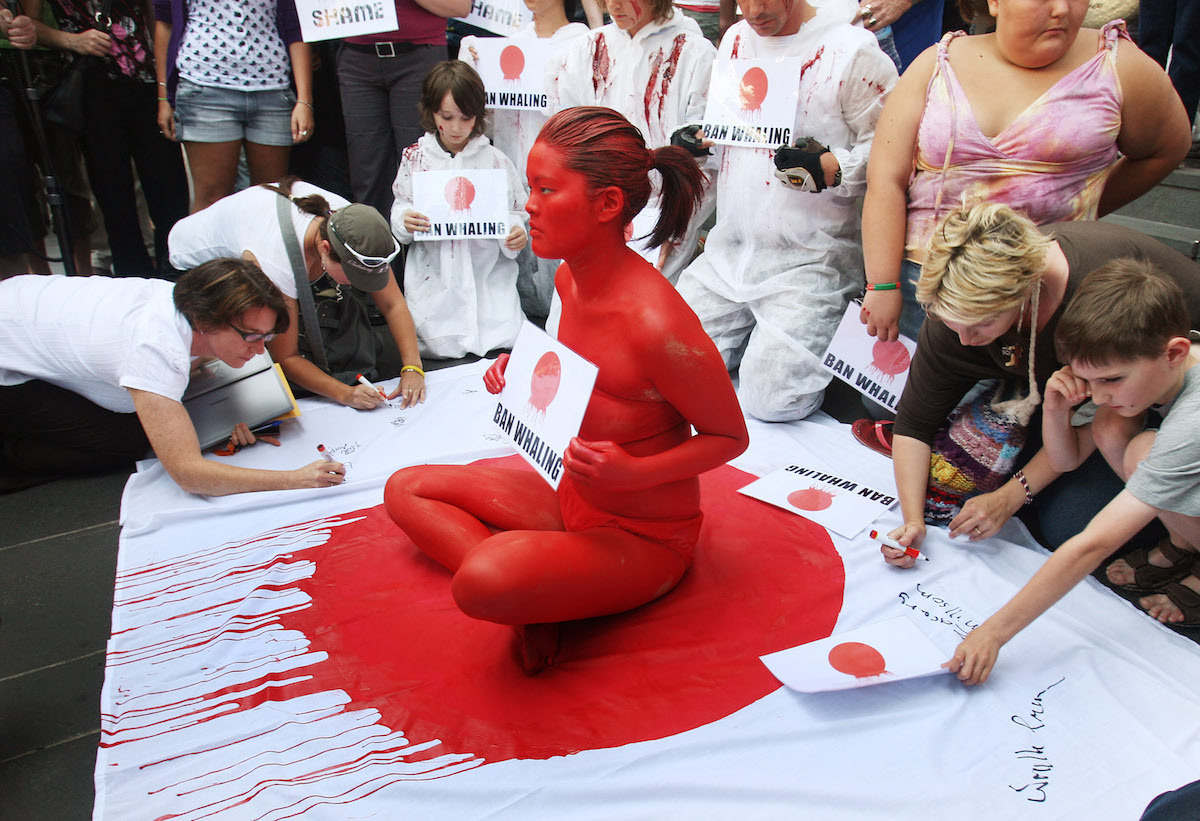
A Japanese whaling fleet will set sail on Tuesday for the Antarctic on a three-month hunt, the government said on Monday.
This is despite international opposition to Japan’s whale hunts over the years that it has attributed to scientific research on whale stock management and conservation.
Japan’s announcement comes days after it submitted its final plan to the International Whaling Commission (IWC), where it says it plans to catch up to 333 minke whales each year over the next 12 years. This is a third of what it used to kill, and the plan will be evaluated after six years.
This move is in direct opposition of the United Nations’ International Court of Justice, which in March 2014 ordered Japan to stop whale hunting. Whale hunting is forbidden worldwide after a 1986 moratorium placed by the IWC, but Japan had been hunting both for consumption and research purposes up until the UN order was passed last year.
Japan had been petitioning the IWC since at least November last year, sending its plans for whale catching and promising to publish its findings in scientific journals.
In response to Monday’s decision to send the Japanese fleet out, Australia environment minister Greg Hunt said: “Japan cannot unilaterally decide whether it has adequately addressed the scientific committee’s questions.”
He added that Australia will continue to put pressure on Japan through the IWC and with direct discussions.
Australia Attorney-General George Brandis told the Senate that if diplomatic persuasions fail, Australia will consider sending a Customs and Border Protection Service patrol boat to tail the Japanese whaling fleet. He did not say what role such a boat might play, but it would likely try to gather evidence of illegal conduct.
Other ecological societies have also opposed Japan’s decision. Director of the Australian Marine Conservation Society, Darren Kindleysides, was quoted by The Guardian saying: “Japan’s Antarctic whaling has failed the test of international law, and the test of science, yet the hunt could resume within weeks.”
Alex Cornelissen, chief of activist group Sea Shepherd, warned: “The whales of the Southern Ocean are protected by international law, by Australian law and by Sea Shepherd. Any violation of the sanctity of the Southern Ocean Whale Sanctuary or the Australian Whale Sanctuary will be regarded as a criminal act.”
Sea Shepherd has sent boats to tail Japanese hunters in the past, to try to disrupt their hunt.
Tokyo-based historian Jeff Kingston wrote that Japan’s intentional “flouting of the rule of law” undermines its own position as an upholder of those rules, which could impact territorial disputes between countries. Citing the islands in the South China Sea that are currently disputed by China and the Philippines, and awaiting UN arbitration, Kingston says the losing party can ignore the UN decision by citing Japan as a fellow flouter of the law.
Additional reporting by The Associated Press.